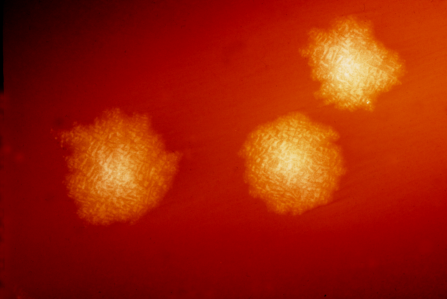Poo transplants beat antibiotics for treating C. diff superbug

Treating recurrent Clostridioides difficile (CDI) with fecal microbiota transplantation (FMT) increased survival by nearly 30 percent, cut length of hospital stay in half, and reduced the risk of sepsis by nearly four times compared to treating with antibiotics. Findings from a prospective cohort study are published in Annals of Internal Medicine.
Recurrent CDI is often antibiotic-resistant and is associated with life-threatening complications, including bloodstream infections. A substantial proportion of patients with CDI are likely to develop bloodstream infections, most of which are caused by intestinal microbes and lead to death in more than 50 percent of patients. Fecal microbiota transplantation (FMT) is more effective than antibiotics in treating recurrent CDI, but its efficacy in preventing CDI-related BSI is uncertain.
Researchers from the Fondazione Policlinico Gemelli IRCCS, an academic tertiary centre in Rome, Italy, compared outcomes for 290 patients hospitalized with recurrent CDI who were treated with either FMT (n=109) or antibiotics (n=181). Five patients in the FMT group and 22 in the antibiotic group developed a bloodstream infection. Because of differences in the patients treated with FMT versus antibiotics in many baseline characteristics, including number of recurrences and CDI severity, comparative analyses were limited to a matched cohort. Risk for bloodstream infection was 23 percentage points lower in the FMT group and the FMT group also had 14 fewer days of hospitalization and a 32-percentage point increase in overall survival at 90 days compared with the antibiotic group. According to the researchers, these findings suggest that FMT may be an option not only for curing recurrent CDI but also for preventing its complications.
More information: Gianluca Ianiro et al. Incidence of Bloodstream Infections, Length of Hospital Stay, and Survival in Patients With Recurrent Clostridioides difficile Infection Treated With Fecal Microbiota Transplantation or Antibiotics, Annals of Internal Medicine (2019). DOI: 10.7326/M18-3635

















